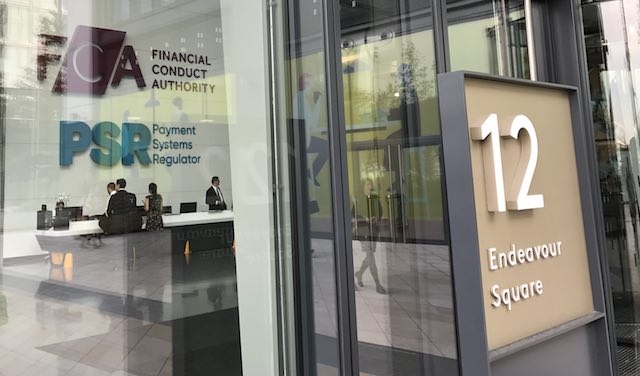The new chief executive of the Financial Conduct Authority (FCA) Nikhil Rathi has said it will take two or three years to address the rising costs of the Financial Services Compensation (FSCS) scheme levy.
In his first appearance before the Treasury Select Committee, Mr Rathi was quizzed about the rising costs of the FSCS levy.
The Treasury Committee chairman Mel Stride said members had received a “huge amount of correspondence” from concerned financial advisers fearing the rising levy cost could put them out of business.
Mr Rathi said the problem could potentially be solved by higher levels of professional indemnity insurance for firms deemed to be “riskier.”
However, he warned that this would only have an effect in two or three years time.
He acknowledged the burden the rising levy costs have placed on the financial adviser community and “the strain it puts on specific firms.”
Under Mr Rathi’s solution, riskier firms would pay higher professional indemnity insurance premiums meaning that “when there is a failure there is insurance that avoids the bill falling onto the FSCS.”
He did note that there were concerns that the professional indemnity market was not functioning as effectively as the regulator hoped but still said he sees insurance being the solution to the levy issue.
Keith Churchouse, director of Chapters Financial, a Chartered Financial Planning firm based in Surrey, told Financial Planning Today that Mr Rathi's response was disappointing but not altogether unsurprising.
Mr Churchouse said: "The problems in the way that the FSCS levy and FCA fees has evolved over time are entrenched and this is why there is a call for a complete overhaul from many sources. Consumer confidence is paramount and their ability to address issues needs to be funded correctly. This is going to take time to consider, and there is already evidence of the process, and information gathering, the FCA is using at hand. Don’t lose your opportunity!"
Mr Churchouse called on all Financial Planners to respond to the FCA ‘Call for input’ paper on Consumer Investments, which closes to responses on 15 December.
He said: "It will take time for the FCA to consider the responses, and sources of funding (existing or alternative), taking into account their ongoing claims experience. As an adviser, if you think you have no control or input in what is happening in FCA towers then think again. They are asking for your input, don’t miss out."
Ricky Chan, Chartered Financial Planner and director of IFS Wealth and Pensions, said that Mr Rathi's comments to the Treasury Committee were not good enough and symptomatic of "kicking the can down the road."
He told Financial Planning Today: "When it’s not your money, you don’t share the same urgency. I’m sure if his salary were linked to this problem, he’d have a host of different ideas and urgency to resolve this. In the same way, for business owners & advisers in financial services, our livelihoods are affected and could be threatened by an unsustainable FSCS levy.
"Simply saying that for most businesses it’s a small part of their revenue, just goes to underline the lack of urgency or care. This is just the FCA’s way of kicking the can down the road and hoping that everyone forgets about it or that the levy would dampen down in future when the higher claims for unregulated SIPP investments & mini-bonds alike have been mostly paid out – but this is just procrastination and denial that the FCA has done a poor job in regulation."
The Treasury announced the appointment of Mr Rathi as chief executive of the regulator in June and he started work in October.
He replaced Andrew Bailey who became Governor of the Bank of England in March. Previous to joining the FCA, Mr Rathi was director, Financial Services Group at the Treasury before joining the LSE. In his Treasury role he worked on the UK’s EU and international financial services interests.

